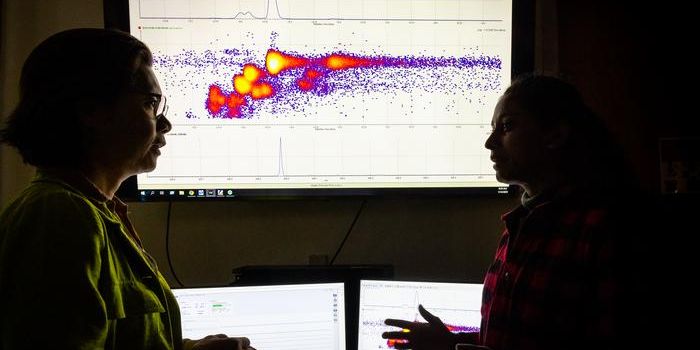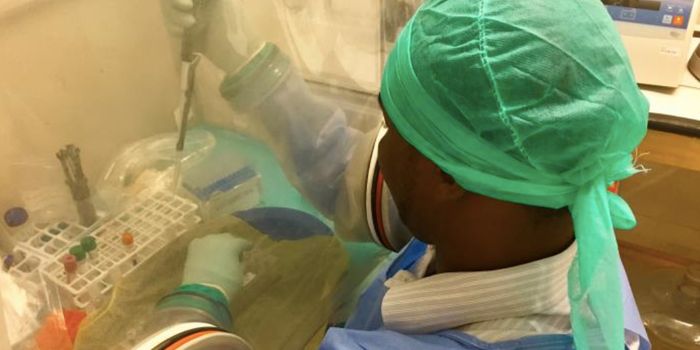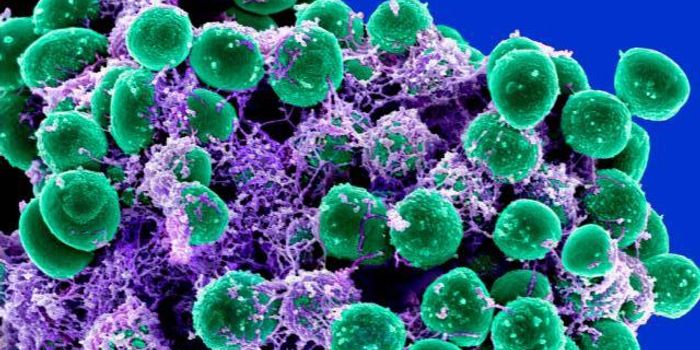Gut Bacteria may be at the Root of Autoimmune Disorders
Our gastrointestinal system has a close relationship with our health; increasing evidence has shown. There is a community of bacteria called the microbiome that lives in our gut, made up of many different strains that can be beneficial, or harmful. The lining of the gastrointestinal system also plays a critical role in our health; it forms a protective barrier. When that breaks down, microbes can get through and enter the bloodstream, and then travel on to other organs, causing disease.
Autoimmune diseases happen when the body’s immune system mistakes our own cells for foreign invaders that have to be eliminated. Such disorders have been connected to the gut microbiome. In research reported in Science, investigators led by Dr. Martin Kriegel of Yale studied the link between bacteria from the gut and autoimmune disorders.
In this work, the scientists used a mouse model of autoimmune disease to assess how antibiotics influenced their condition. After determining that those mice carried bacteria in their lymph nodes, liver, and spleen, it was found that the vancomycin or ampicillin antibiotics suppressed that bacterial growth.
The researchers identified a bacterium called Enterococcus gallinarum in those mice. After exposing mice that were free of all bacteria to that single strain, the bacterium penetrated the gut barrier. It then moved on to the lymph nodes and spleen, triggering an autoimmune response in the germ-free mice.
A vaccine and an antibiotic were explicitly created for E. gallinarum and given to the mice. Their survival was extended, and the immune response in those animals was blunted. The bacterial strain was successfully eliminated from the organs of the vaccinated or treated mice. This experiment demonstrated that in their model, it is possible to target a specific microorganism and dampen the immune response but not remove it entirely.
“The vaccine against E. gallinarum was a specific approach, as vaccinations against other bacteria we investigated did not prevent mortality and autoimmunity,” Kriegel said.
This bacterium was also identified in liver samples from people with autoimmune diseases; several patients with lupus and autoimmune liver disease harbored the microbe. Biopsies from healthy liver samples did not contain that bacterium.
This work shows that pathogenic bacteria can get through the barrier in the gut and cause illness. It will hopefully open up new treatment avenues for autoimmune diseases.
“Treatment with an antibiotic and other approaches such as vaccination are promising ways to improve the lives of patients with autoimmune disease,” concluded Kriegel.









